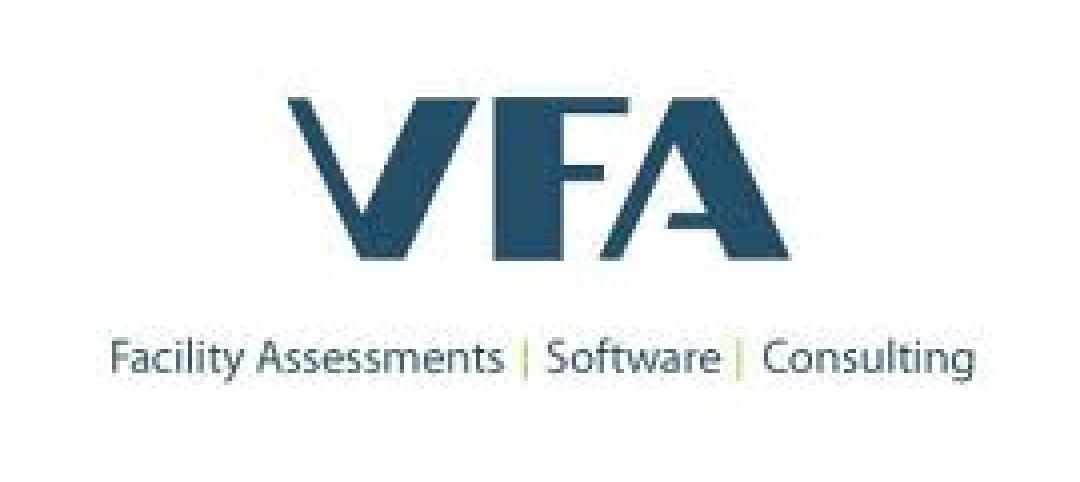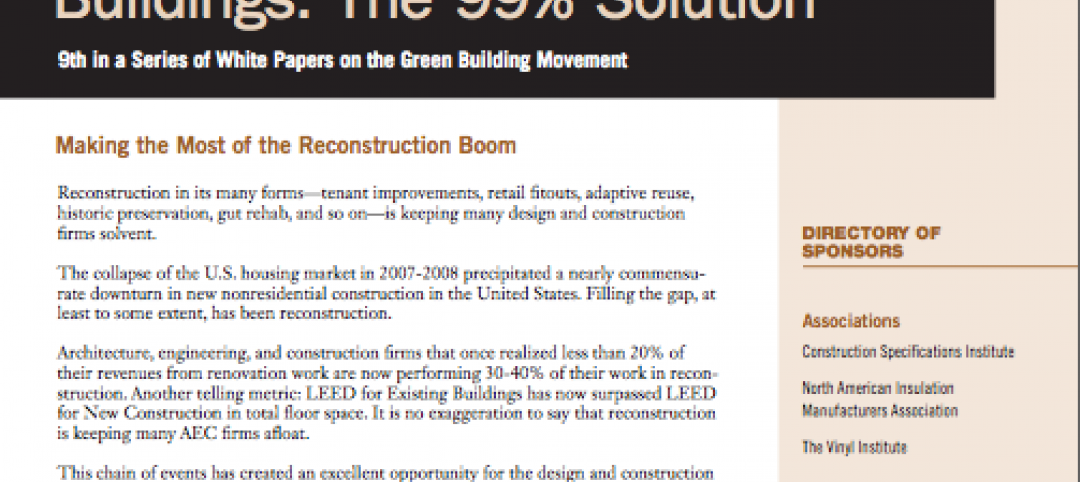PASADENA, Calif., Feb 15, 2010 /PRNewswire via COMTEX/ -- Jacobs Engineering Group Inc. (NYSE: JEC) announced today that it has acquired Jordan, Jones and Goulding Inc. (JJG), a 500-person professional services firm based in Atlanta. JJG significantly expands Jacobs position in the North American water and wastewater market, and broadens the Company's strong position in the global aviation, transit, and transportation infrastructure markets.
Jacobs did not disclose the terms of the transaction.
Founded in 1958, JJG is based in Atlanta, Ga., and has 17 offices across the southern U.S. The highly respected company provides engineering, planning and consulting services for water, wastewater, environmental and other clients. The addition of JJG to Jacobs gives both companies the ability to provide comprehensive water solutions for clients, from assessments, planning, and design of new systems to the expansion and upgrade of existing systems.
In making the announcement, JJG President and Chief Executive Officer Don Allen stated, "We expect our employees and clients to benefit greatly from us joining Jacobs. Combining our capabilities with a company that shares our values allows our employees to continue to grow, and it provides a larger platform to better serve our clients."
Jacobs President and Chief Executive Officer Craig Martin said, "JJG has a very talented team. Their expertise in water infrastructure is not only a great complement to Jacobs strengths, but it also positions us for growth." Martin went on to say, "Like many other challenges resulting from the aging infrastructure worldwide, water and wastewater is a critical concern. This acquisition boosts our global capabilities to support public and private clients with the water solutions they urgently need."
Jacobs is one of the world's largest and most diverse providers of technical, professional, and construction services.
Any statements made in this release that are not based on historical fact are forward-looking statements. Although such statements are based on management's current estimates and expectations, and currently available competitive, financial, and economic data, forward-looking statements are inherently uncertain. We, therefore, caution the reader that there are a variety of factors that could cause business conditions and results to differ materially from what is contained in our forward-looking statements. For a description of some of the factors which may occur that could cause actual results to differ from our forward-looking statements please refer to our 2009 Form 10-K, and in particular, the discussions contained under Items 1 - Business, 1A - Risk Factors, 3 - Legal Proceedings, and 7 - Management's Discussion and Analysis of Financial Condition and Results of Operations. We also caution the readers of this release that we do not undertake to update any forward-looking statements made herein.
Related Stories
| May 11, 2012
VFA to acquire Altus Group's Capital Planning division
Strategic move strengthens VFA's facilities capital planning market osition in North America.
| May 11, 2012
Betz promoted to senior vice president for McCarthy’s San Diego Office
He will oversee client relations, estimating, office operations and personnel as well as integration of the company’s scheduling, safety and contracts departments.
| May 11, 2012
CRSI appoints Brace chairman
Stevens also elected to board of directors and vice-chair.
| May 11, 2012
Dempster named to AIA College of Fellows
Altoon Partners’ technical and construction services leader honored for his contributions.
| May 11, 2012
AIA launches education and training portal
New portal to host Contract Documents training, education resources in one convenient place.
| May 10, 2012
Chapter 7 When Modern Becomes Historic: Preserving the Modernist Building Envelope
This AIA CES Discovery course explores the special reconstruction questions posed by Modern-era buildings.
| May 10, 2012
Chapter 6 Energy Codes + Reconstructed Buildings: 2012 and Beyond
Our experts analyze the next generation of energy and green building codes and how they impact reconstruction.
| May 10, 2012
Chapter 5 LEED-EB and Green Globes CIEB: Rating Sustainable Reconstruction
Certification for existing buildings under these two rating programs has overtaken that for new construction.
| May 10, 2012
Chapter 4 Business Case for High-Performance Reconstructed Buildings
Five reconstruction projects in one city make a bottom-line case for reconstruction across the country.
| May 10, 2012
Chapter 3 How Building Technologies Contribute to Reconstruction Advances
Building Teams are employing a wide variety of components and systems in their reconstruction projects.
















